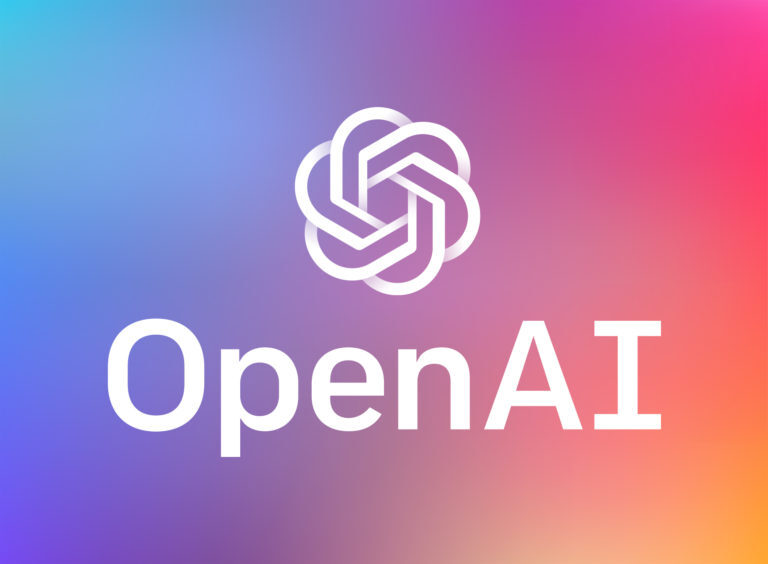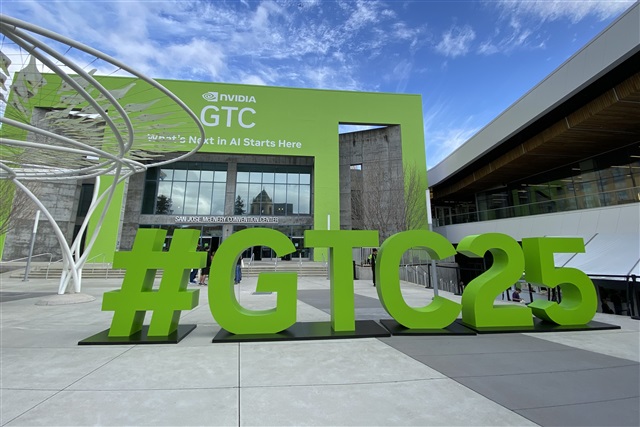Digital Life has an increasingly Orwellian future.
- The big ecosystem creators are slowly but inexorably nudging users towards their ecosystems.
- It is very subtle, it is very slow but the signs are there that the long term of ambition of Google, Twitter, FaceBook, Microsoft, Apple and so on is to keep their users to themselves and lock out everyone else.
- Under the guise of a clean-up, Google has been killing support for protocols and applications that allow users of other ecosystems to get access to Google services.
- Twitter is just the same, having closed down its 3rd party API meaning that those wanting access to Twitter have to visit the website or its dedicated app.
- Google Reader, Exchange ActiveSync, and Voice app for BlackBerry are all gone and now Google has pulled the plug on its site blocking service.
- Some of these are simply not used enough to make it economic to continue support, but others simply make life more difficult for those on another ecosystem to get access to Google services.
- If a user is on a device or an application created by an ecosystem then the ecosystem will reap the benefits of that usage.
- Google derives a large percentage of its mobile advertising revenues from searches, maps and Gmail activity carried out on iOS devices.
- How Google benefits from Windows Phone users getting access to their PIM (Personal Information Management) data via a third party API is less obvious and I suspect a major reason why I see the ecosystems quietly putting this sort of access to sleep.
- This is likely to be replaced but with something where there is a clear benefit to the provider of the service.
- In the case of ActiveSync, I would expect either Gmail and Calendar applications for Windows Phone or a method of synchronisation over which Google has more control.
- As the walls around the different ecosystem go up, I can see users being pushed into making a choice regarding in which ecosystem they will live their digital lives.
- The more a user spends in your ecosystem and applications, the more you learn and the greater value that user becomes to you when it comes to selling targeted advertising.
- The ecosystems are not going to be free. Users either pay with hard cash or personal data of which I suspect personal data is going to be the overwhelming favourite.
- Expect this trend to continue.









Blog Comments
Iron curtains are coming down all around mobile and app ecosystems | auicon.com
March 26, 2013 at 12:08 pm
[…] Richard Windsor is a former technology analyst at Nomura Securities. He now blogs at Radio Free Mobile, where this post first appeared. […]
Adam
March 26, 2013 at 2:46 pm
For me, the most Orwellian part is the lack of support for data encryption at rest. While I might trust google et al to snoop your data ethically, anonymously etc, when Uncle Sam or another government comes knocking I become nervous.
windsorr
March 26, 2013 at 2:54 pm
Yes thats fair comment…dont forget though that it is in Google’s interest to keep user’s happy and letting goverment agencies spy on your users will not go down well at all…and yes it will get found ourt eventually if it allows it!…
Lucas Johnson
March 27, 2013 at 8:13 pm
I’d love to see this expanded into an article, or perhaps you know of one that already exists? Excellent points on an increasingly important topic.
windsorr
March 28, 2013 at 9:26 am
Thanks very much Lucas…Funny you should mention that. There is a research document in the works that will be available for sale around the end of April.
Iron curtains are coming down all around mobile and app ecosystems - Oxology
March 28, 2013 at 5:39 am
[…] Richard Windsor is a former technology analyst at Nomura Securities. He now blogs at Radio Free Mobile, where this post first appeared. […]
Iron curtains are coming down all around mobile and app ecosystems |
March 29, 2013 at 4:14 pm
[…] Richard Windsor is a former technology analyst at Nomura Securities. He now blogs at Radio Free Mobile, where this post first appeared. […]